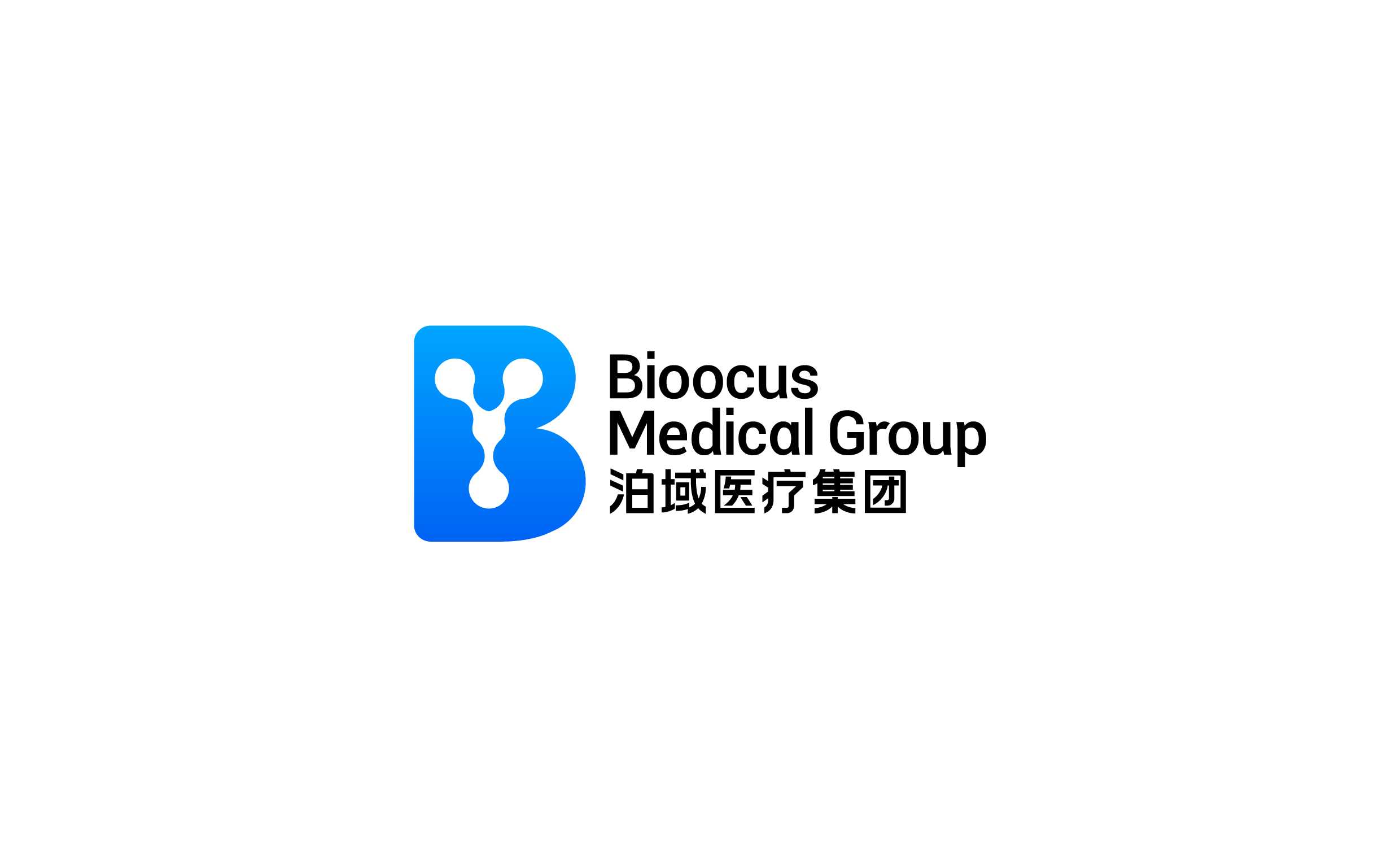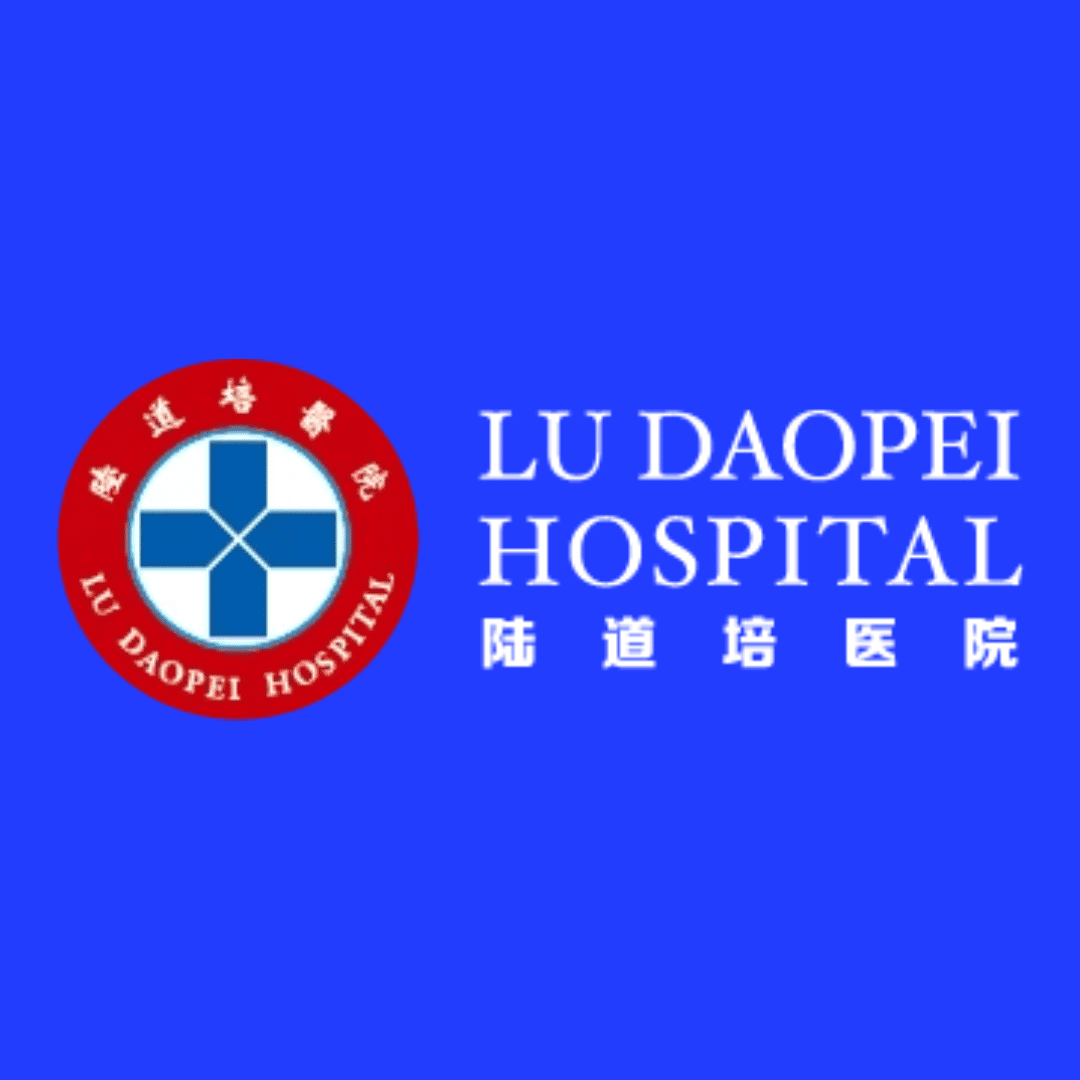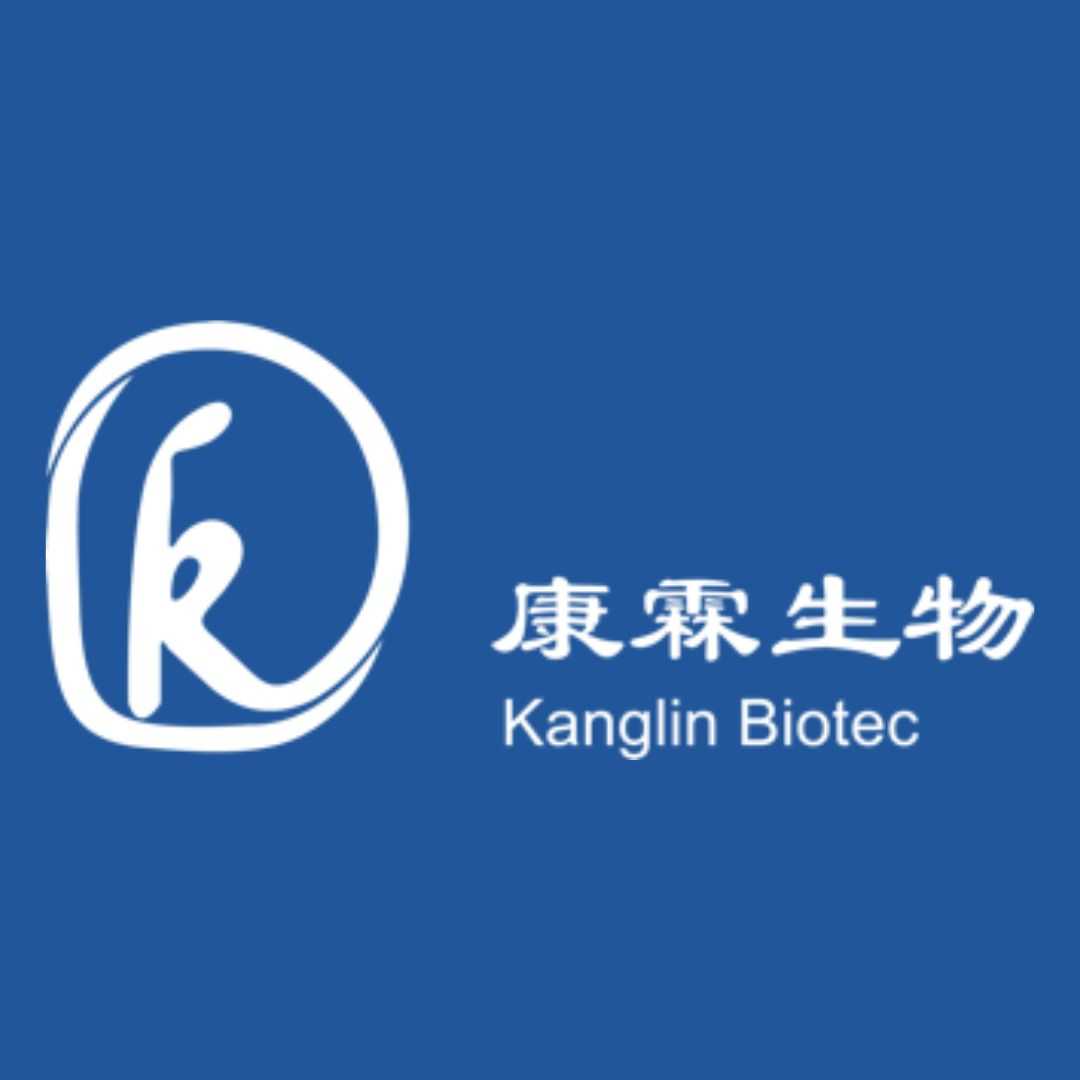Affordable CAR-T for B-ALL: China's Treatment Costs Explained
-cost-in-China.png)
CAR-T cell therapy for Acute B-cell Lymphoblastic Leukemia (B-ALL) in China generally costs significantly less than in Western countries. While prices can vary based on the specific product, hospital, and patient's condition, the average cost for CAR-T therapy in China ranges from $80,000 to $210,000 USD per infusion. This is considerably lower than the prices seen in countries like the United States, where the same therapy can cost upwards of $370,000 to $475,000.
CAR-T cell therapy is a groundbreaking immunotherapy that has revolutionized the treatment of various blood cancers, including Acute B-cell Lymphoblastic Leukemia (B-ALL). This highly personalized treatment involves modifying a patient's own immune T-cells in a laboratory to specifically recognize and target cancer cells. China has emerged as a global leader in CAR-T technology, driven by extensive research, a large number of clinical trials, and a focus on making these advanced therapies more accessible. The lower cost in China is often attributed to streamlined manufacturing processes, government support, and a competitive market. This makes China an attractive destination for international patients seeking cutting-edge CAR-T therapy at a more affordable price point.
What is CAR-T Therapy for B-ALL?
"CAR-T therapy for B-ALL is a personalized immunotherapy where a patient's own T-cells are genetically engineered to express chimeric antigen receptors (CARs) that specifically target CD19, a protein found on B-ALL cancer cells, enabling the modified T-cells to recognize and destroy the leukemia."
CAR-T cell therapy is a highly advanced form of immunotherapy that has shown remarkable success in treating refractory or relapsed B-cell acute lymphoblastic leukemia (B-ALL). The process begins with apheresis, where a patient's T-cells are collected from their blood. These T-cells are then sent to a specialized laboratory where they are genetically modified to produce chimeric antigen receptors (CARs) on their surface. These CARs are designed to bind to specific proteins found on the surface of cancer cells, in the case of B-ALL, typically the CD19 antigen. Once these modified CAR-T cells are grown in large quantities, they are infused back into the patient. Upon re-entering the body, these CAR-T cells act as "living drugs," actively seeking out and destroying B-ALL cells that express the CD19 protein. This targeted approach minimizes harm to healthy cells, making it a powerful weapon against a particularly aggressive form of leukemia.
Why is CAR-T Therapy so Expensive Globally?
"The high cost of CAR-T therapy globally stems from complex research and development, highly specialized and personalized manufacturing processes, the need for advanced equipment and skilled personnel, stringent regulatory compliance, and limited eligibility."
The significant cost of CAR-T therapy is a multifaceted issue influenced by several key factors. Firstly, the immense investment in research and development to bring these innovative therapies from concept to clinical application is substantial. This includes years of preclinical studies, extensive clinical trials, and ongoing post-market surveillance. Secondly, the manufacturing process is incredibly complex and personalized. Each dose of CAR-T cells is uniquely made for a specific patient, involving the collection of their T-cells, genetic modification, and expansion in a sterile, highly controlled environment. This intricate process requires specialized equipment, state-of-the-art facilities, and a highly skilled workforce, all of which contribute to the high production costs. Additionally, meeting stringent regulatory compliance and safety standards adds another layer of expense. Finally, the limited eligibility for these therapies, typically reserved for patients with advanced or relapsed cancers who have exhausted other treatment options, means that the costs are spread across a smaller patient population, further driving up the individual price.
What Factors Influence the Cost of CAR-T Therapy in China?
"The cost of CAR-T therapy in China is influenced by the specific CAR-T product used, the reputation and accreditation of the treatment center, the patient's individual medical needs and the complexity of their case, the duration of hospitalization, and any potential management of side effects."
Several factors can impact the final cost of CAR-T therapy for B-ALL in China. The choice of CAR-T product itself plays a significant role, as different pharmaceutical companies and research institutions may have varying pricing structures for their approved or investigational therapies. The treatment center's reputation and accreditation also contribute; highly specialized hospitals with international accreditations and extensive experience in CAR-T therapy may have higher charges compared to smaller facilities. The patient's individual medical needs, including the severity of their B-ALL, the presence of co-morbidities, and the extent of their disease, can influence the overall cost. For example, patients requiring more intensive pre-treatment conditioning or longer hospital stays due to complications will incur higher expenses. Additionally, the need for managing potential side effects like cytokine release syndrome (CRS) or neurotoxicity, which can require specialized care and medications, can add to the total bill.
Are there Approved CAR-T Products for B-ALL in China?
"Yes, China has approved at least one CAR-T product specifically for relapsed/refractory B-cell Acute Lymphoblastic Leukemia (B-ALL), named Inaticabtagene Autoleucel Injection (tradename: ???), manufactured by Juventas Cell Therapy."
China has made significant strides in the development and approval of CAR-T cell therapies. While several CAR-T products are approved for different types of B-cell lymphomas and multiple myeloma, for B-ALL, the Inaticabtagene Autoleucel Injection (???) is one of the approved options. This approval underscores China's commitment to advancing innovative cancer treatments and providing more options for patients with challenging diseases like relapsed/refractory B-ALL. The availability of locally manufactured and approved CAR-T products contributes to the comparatively lower costs in China compared to Western countries, where imported therapies dominate the market.
How Does the Cost in China Compare to Other Countries?
"The cost of CAR-T therapy for B-ALL in China, typically ranging from $80,000 to $210,000 USD, is substantially lower than in the United States ($370,000-$475,000 USD) and Europe (€300,000-€400,000, or approximately $325,000-$435,000 USD)."
China's healthcare system and pharmaceutical landscape allow for a more competitive pricing structure for CAR-T therapy. The lower cost in China is a major draw for international patients seeking this life-changing treatment. In addition to the direct therapy cost, associated expenses such as hospital stay, pre-treatment testing, and post-procedure monitoring also tend to be more affordable in China. This overall cost efficiency, combined with advancements in medical technology and expertise, positions China as a leading destination for CAR-T cell therapy for B-ALL patients worldwide.
What is Included in the Cost of CAR-T Therapy in China?
"The cost of CAR-T therapy in China typically includes the CAR-T cell product itself, cell collection (apheresis), genetic modification and expansion of cells, infusion, initial hospitalization for monitoring, and management of common immediate side effects like cytokine release syndrome (CRS)."
When considering the cost of CAR-T therapy in China, it's important to understand what is generally encompassed within the quoted price. This usually covers the core components of the treatment, including the specialized CAR-T cell product, the process of apheresis (collecting the patient's T-cells), the intricate genetic modification and expansion of these cells in the laboratory, and the infusion of the modified cells back into the patient. Furthermore, the initial hospitalization period for close monitoring of the patient's response and the management of common, acute side effects like cytokine release syndrome (CRS) are typically part of the comprehensive package. However, it's crucial to clarify with the specific hospital or medical tourism provider if additional costs, such as long-term follow-up care, management of severe or prolonged complications, or specific medications, are included.
Are There Any Payment Plans or Refund Options for CAR-T Therapy in China?
"Some Chinese pharmaceutical companies and hospitals offer outcomes-based payment plans or refund initiatives for CAR-T therapy, where a portion of the cost may be refunded if the patient does not achieve a complete disease remission within a specified timeframe."
To improve patient affordability and confidence in CAR-T products, certain companies in China have introduced innovative payment models. For instance, some providers, like Fosun Kite Biotechnology, have launched outcomes-based payment plans. Under these plans, if eligible patients do not achieve a complete disease remission within a set period (e.g., three months) after the CAR-T cell infusion, they may be eligible for a partial refund of the treatment cost. This approach aims to alleviate the financial burden on families and reduce hesitation about pursuing this expensive yet promising therapy. It's advisable for patients and their families to inquire about such programs directly with the chosen hospital or pharmaceutical company.
How Long Does the CAR-T Therapy Process Take in China?
"The overall CAR-T therapy process in China, from initial assessment to cell collection, manufacturing, infusion, and initial monitoring, typically takes several weeks to a few months, with the cell manufacturing phase usually requiring 2 to 3 weeks."
The timeline for CAR-T therapy involves several distinct phases. After the initial assessment and eligibility confirmation, the first step is T-cell collection (apheresis), which is a relatively short procedure. The collected cells are then transported to a specialized facility for genetic modification and expansion. This manufacturing phase can take approximately 2 to 3 weeks, during which the patient may undergo bridging therapy if needed. Once the CAR-T cells are ready, they are shipped back to the hospital for infusion. Following the infusion, patients require close monitoring for several weeks to manage potential side effects and observe their response to the therapy. The entire journey, from the initial consultation to discharge after the acute monitoring phase, can vary but generally spans several weeks to a few months.
What are the Potential Side Effects of CAR-T Therapy?
"Potential side effects of CAR-T therapy include Cytokine Release Syndrome (CRS), neurological toxicities (ICANS), infections, B-cell aplasia, and prolonged cytopenias, which require careful monitoring and management by a specialized medical team."
While CAR-T therapy offers significant promise, it can also lead to serious side effects due to the powerful immune response it triggers. The most common and well-known side effect is Cytokine Release Syndrome (CRS), which can manifest as fever, chills, fatigue, muscle aches, difficulty breathing, and drops in blood pressure. Another significant concern is Immune Effector Cell-Associated Neurotoxicity Syndrome (ICANS), which can lead to confusion, headaches, seizures, and speech difficulties. Other potential side effects include infections due to a weakened immune system, B-cell aplasia (a reduction in healthy B-cells, which may necessitate immunoglobulin replacement therapy), and prolonged cytopenias (low blood cell counts). These side effects require specialized medical expertise for prompt identification and management to ensure patient safety and optimize outcomes.
What are the Success Rates of CAR-T Therapy for B-ALL?
"CAR-T therapy for relapsed/refractory B-ALL has shown high rates of complete remission, often ranging from 70% to 90% in clinical trials, with durable responses and potential for long-term remission in a significant subset of patients."
The effectiveness of CAR-T therapy in treating relapsed/refractory B-ALL has been highly encouraging. Clinical trials have reported impressive complete remission (CR) rates, with many studies showing CR rates in the range of 70% to 90% in both pediatric and adult patients. What's particularly significant is the potential for durable responses and long-term remission in a substantial portion of these patients, even those who have failed multiple prior treatments. While not every patient achieves a sustained remission, for many, CAR-T therapy offers a genuine chance at a life-changing outcome. The ongoing research and development in China and globally continue to refine these therapies, aiming to improve both efficacy and safety for a broader range of patients.
What is the Patient Eligibility Criteria for CAR-T Therapy in China?
"Patient eligibility for CAR-T therapy in China for B-ALL typically requires a diagnosis of relapsed or refractory B-ALL, adequate organ function, a good performance status, and no uncontrolled active infections or other severe co-morbidities."
The stringent eligibility criteria for CAR-T therapy are in place to ensure patient safety and optimize treatment outcomes. For B-ALL, patients generally must have a confirmed diagnosis of relapsed or refractory B-ALL, meaning their leukemia has returned or not responded to previous standard treatments. Crucially, patients need to have adequate organ function, including healthy heart, lung, kidney, and liver function, to tolerate the treatment and its potential side effects. A good performance status (e.g., ECOG score of 0 or 1) is also often required, indicating that the patient is strong enough to undergo the procedure. Additionally, patients should not have any uncontrolled active infections or other severe co-morbidities that could complicate the therapy. Specific criteria may vary slightly between different hospitals and clinical trials, so a thorough medical evaluation is essential.
Why is China a Promising Destination for CAR-T Therapy?
"China is a promising destination for CAR-T therapy due to its competitive pricing, advanced research and development infrastructure, high volume of clinical trials, experienced medical professionals, and growing number of internationally accredited hospitals offering these cutting-edge treatments."
China's rapid advancements in biotechnology and healthcare have positioned it as a global hub for CAR-T cell therapy. One of the primary reasons for its attractiveness is the cost-effectiveness of treatment compared to Western countries, making it more accessible for a wider range of patients. Beyond affordability, China boasts a robust research and development infrastructure, with numerous institutions actively engaged in cutting-edge CAR-T research and a high volume of clinical trials for various cancer types. This extensive research translates into a growing pool of experienced medical professionals and a deep understanding of CAR-T intricacies. Furthermore, an increasing number of Chinese hospitals are achieving international accreditations, ensuring high standards of patient care and safety. These factors collectively contribute to China's reputation as a promising destination for those seeking advanced and affordable CAR-T therapy.
Explore PlacidWay for comprehensive solutions related to medical tourism, healthcare services, and other relevant offerings to help you navigate your treatment options.


.png)
.png)




Share this listing